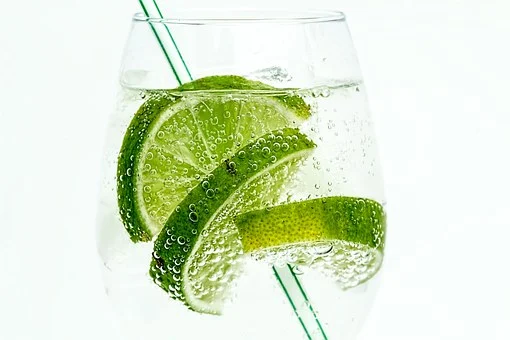Zinc is an essential mineral that your body needs for normal immune function, wound healing, and normal growth. Topical zinc is often used to treat skin infections and irritations, like diaper rash. Supplementing with zinc could provide vital immune support when you’re fighting off a common cold, and regular zinc supplementation could help stave off upper respiratory infections in children. If you don’t like swallowing pills or can’t swallow them, liquid zinc may be your best option for immune support, wound healing, and more.
But taking too much zinc could be dangerous — there’s such a thing as zinc toxicity. You have to consider not just your dosage of zinc, but how much zinc you’re currently getting in your diet, and how much zinc is recommended for people in your age group. Here’s how to use liquid zinc without accidentally poisoning yourself.
Know How Much Zinc You’re Getting
Zinc is found in a wide variety of foods — meat, shellfish, nuts and legumes, eggs, seeds, dairy, and more. Men are advised to get 11 milligrams (mg) and women are advised to get about 8 mg. Some foods, like dark chocolate, contain a lot of zinc. A variety of vegetables, fruits, and whole grains also contain some zinc.
If you’re going to supplement with zinc in order to support your immune system or reduce oxidative stress on your body’s cells, it’s vital to first track your diet and figure out how much zinc you’re already getting. That way, you can supplement with just as much liquid zinc as you need and refrain from exceeding your tolerable upper intake level (UL) of zinc, which for adults over age 19 is 40 mg a day.
Mix Liquid Zinc with Water or Juice
You don’t want to put liquid zinc directly on your tongue — some people report that it burns their tongue, or just plain tastes bad. Instead, mix liquid zinc with water or juice and drink it like that. If taking liquid zinc upsets your stomach, you can take it with food. Just don’t take it with foods rich in iron, copper, phosphorus, or calcium, as these may inhibit your body’s ability to absorb and use zinc. These include foods made with bran, whole grains, fiber supplements and fiber-rich foods, milk, and poultry.
Don’t Take It with Iron, Phosphorus, or Copper Supplements
These minerals, too, may inhibit your body’s ability to absorb dietary zinc, so don’t eat anything rich in these minerals with your liquid zinc supplement and don’t take any iron, copper, or phosphorus supplements at the same time as you take a zinc supplement. Instead of mixing them together, and risking losing the effectiveness of one or more of your supplements, wait at least two hours after taking one to take the other. It may be effective to take some of your supplements in the morning and some at night to prevent interactions. 
Know the Signs of Zinc Toxicity
If you take too much liquid zinc, you could develop symptoms of zinc toxicity. The longer you take zinc, the higher your risk of developing some symptoms of toxicity. To avoid doing damage by taking too much zinc, track your intake of zinc from foods and make sure you’re not over-supplementing with zinc.
Somewhat ironically, zinc toxicity can cause many of the same symptoms that zinc deficiency causes, including immune system weakness. Symptoms of zinc toxicity include:
- Nausea
- Diarrhea
- Vomiting
- Stomach pains
- Flu-like symptoms such as fever, chills, body aches, cough, fatigue, and headaches
- Low HDL cholesterol levels
- Copper deficiency
- Changes to a sense of smell or taste
- Frequent infections
If you develop these symptoms, you should stop taking zinc supplements immediately. There is no antidote to zinc toxicity; it’s treated by stopping the consumption of zinc. Symptoms will typically resolve on their own when you’ve been zinc-free for 12 to 24 hours. If you experience symptoms of zinc toxicity, it may be a sign that it’s time to take it easy on the zinc supplements, and maybe even talk to a doctor about using supplements safely as part of a healthy diet.
Liquid zinc can be a godsend if you hate taking pills and want to supplement with zinc. But before you go putting drops of zinc into your morning orange juice, you should have a strong idea of how much zinc you’re already getting in your diet and how much zinc to take to avoid overdosing, but still, get your recommended minimum. That way, you can get the health support you need without the negative side effects.

